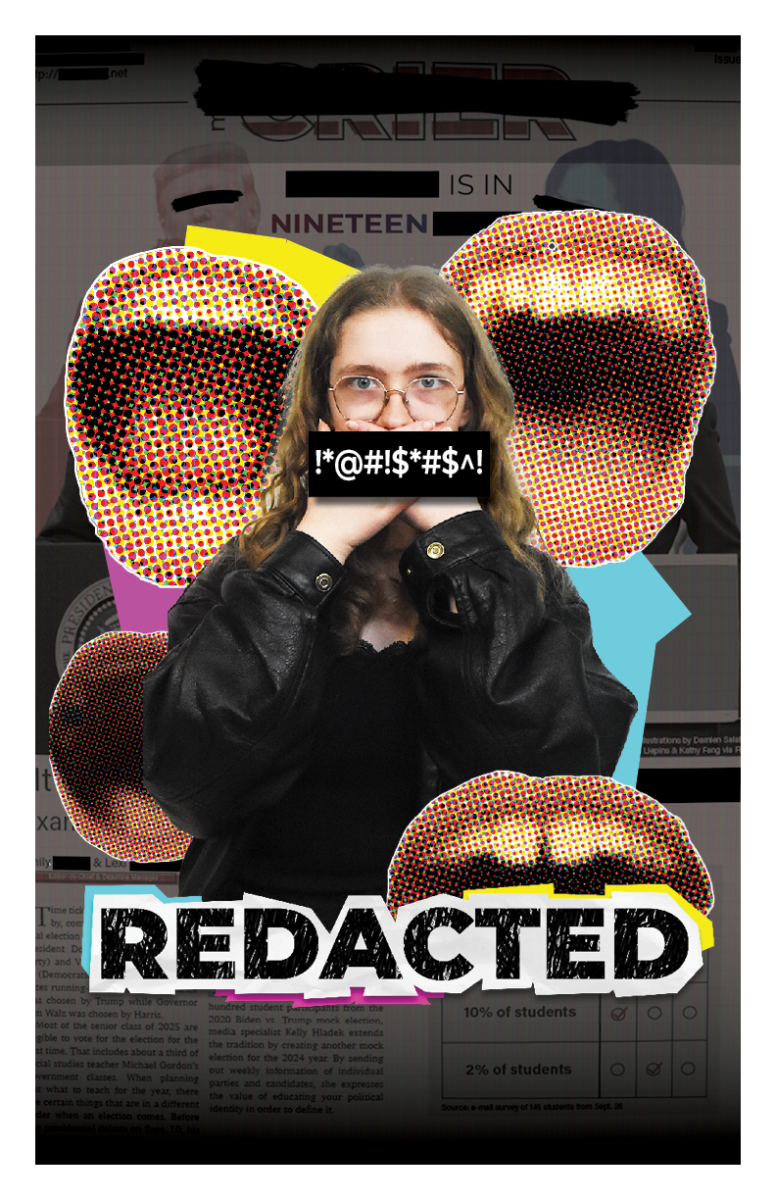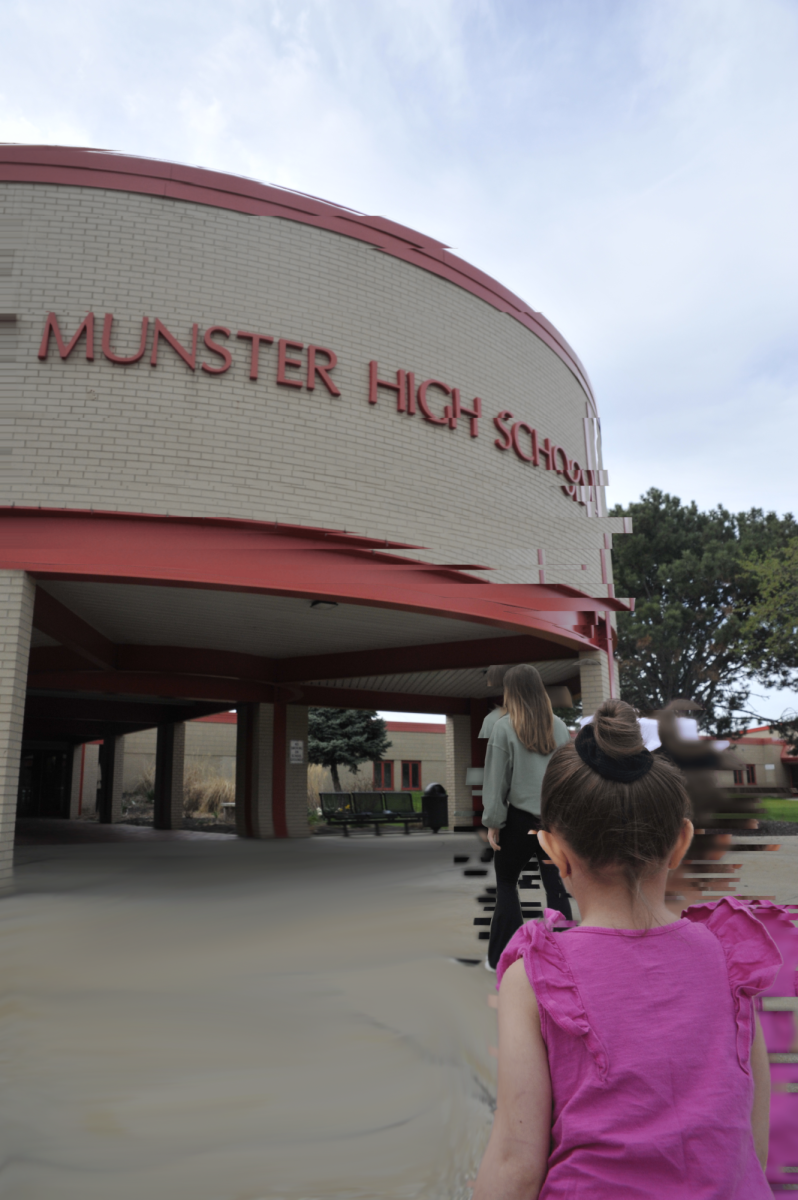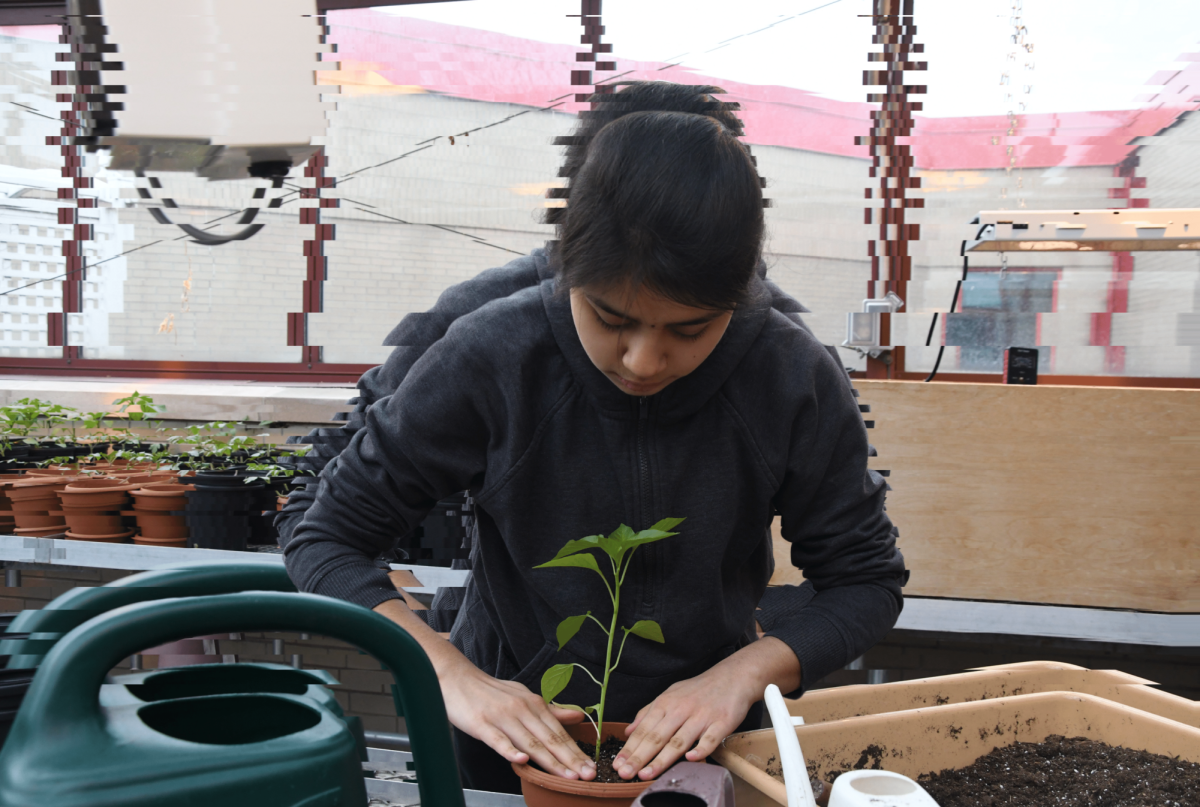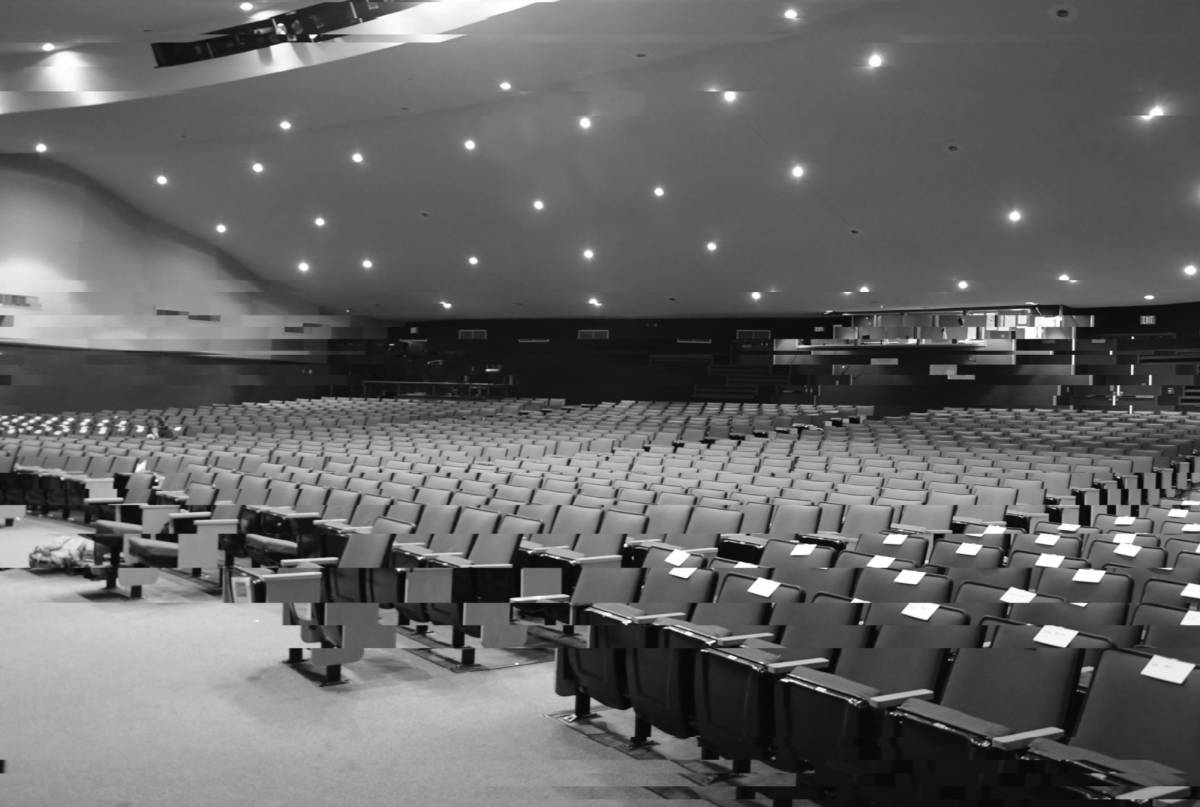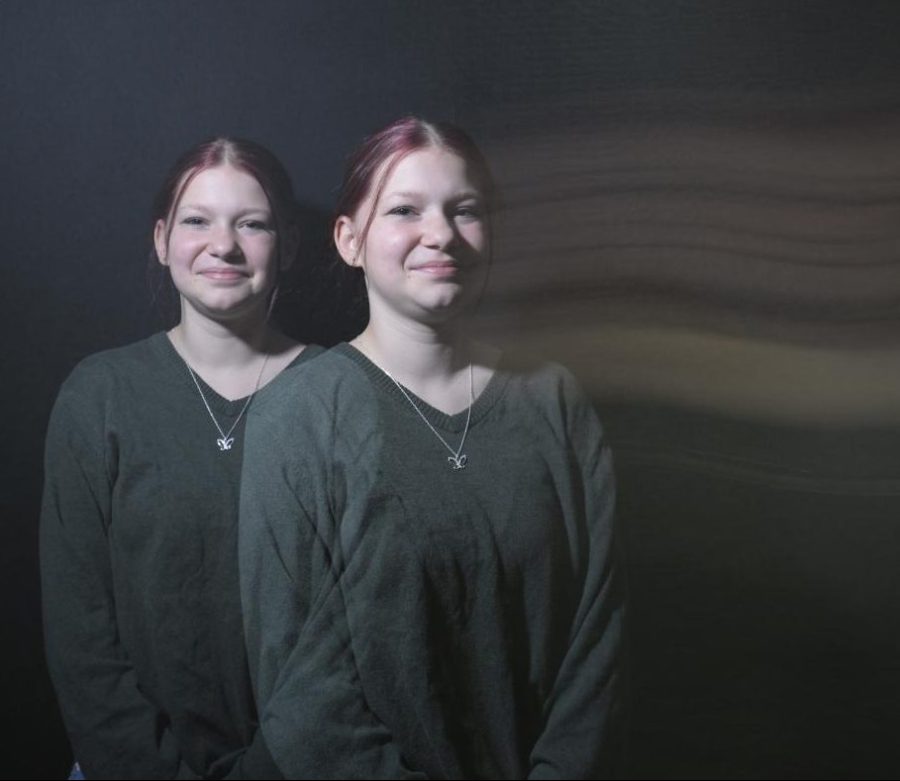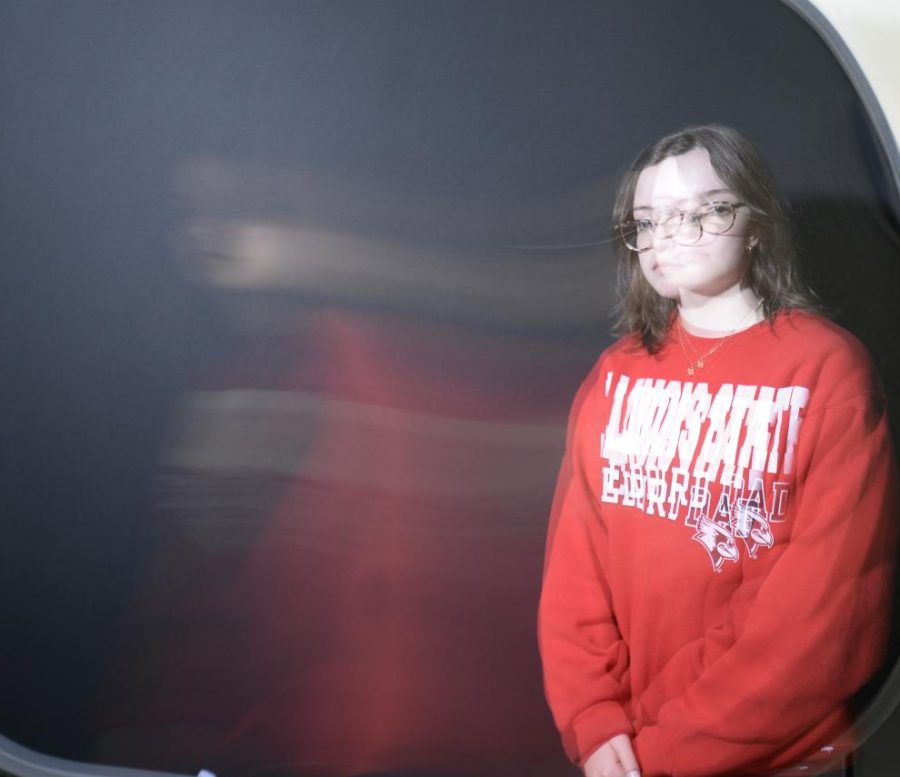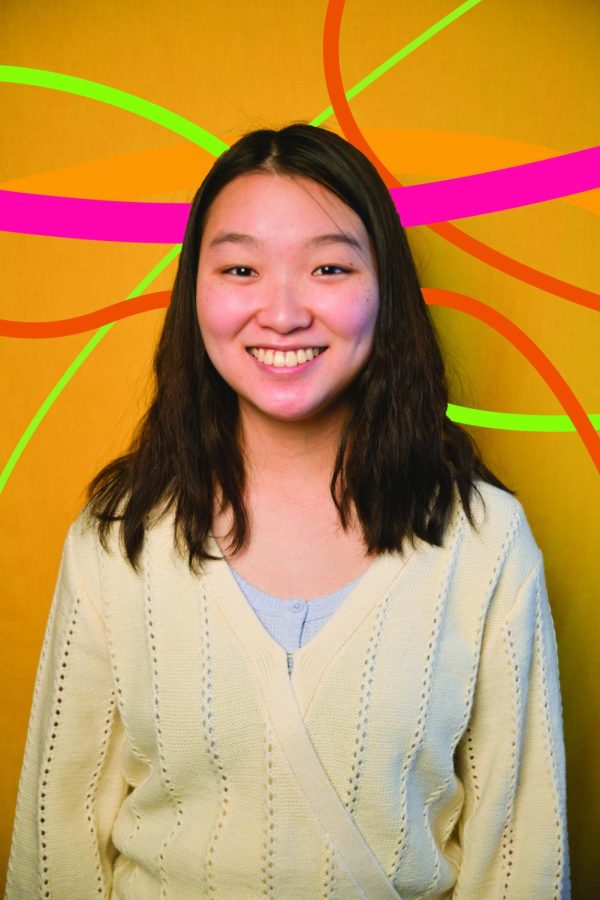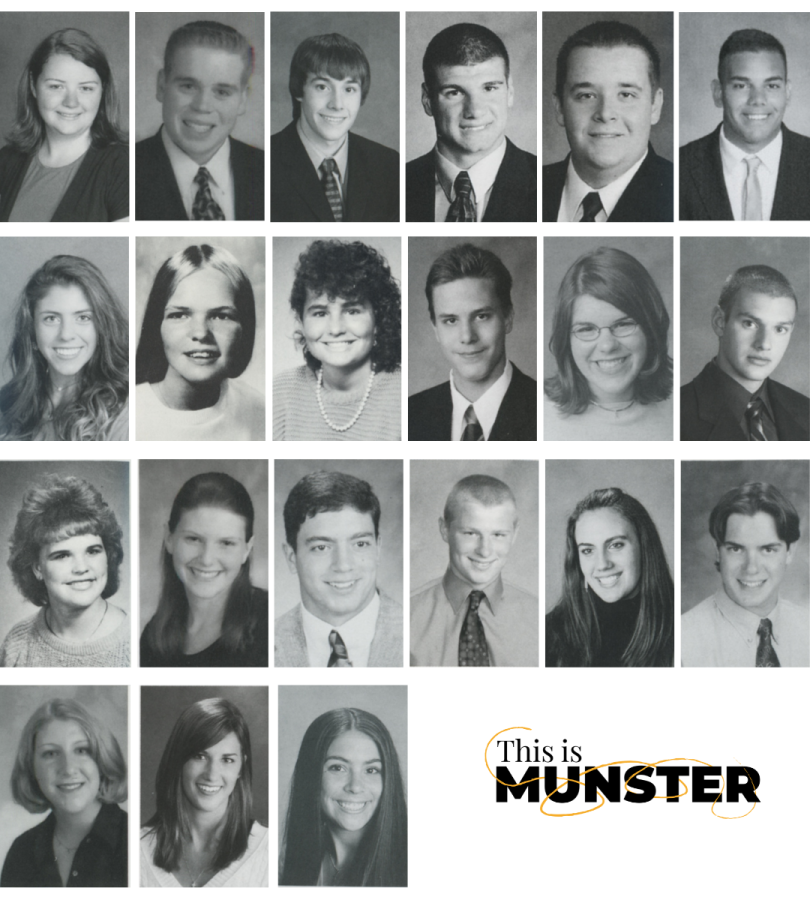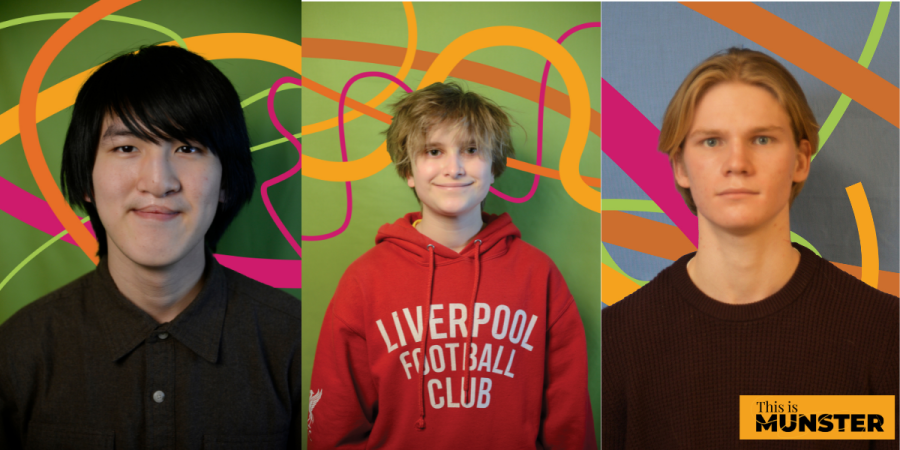The recent introduction of AI such as Chat GPT or Google AI has caused a lot of the future of technology to become uncertain. Mr. Joshua Collier, principles of engineering teacher, said he believes possibilities for the next ten years are getting larger and larger with every new accomplishment AI makes for aspects of the medical, educational and many other parts of society.
“You have Moore’s law that says everything will double every two years, like power and efficiency is getting better,” Mr. Collier said. “That’s now starting to become every year, and it’s going to end up being every six months. Things are just at a point now where, as long as we don’t blow ourselves up, we’re on pace to accelerate into something really cool.”
Fear and distrust in aspects of AI, such as media and communication, comes with its rising popularity, according to Stephen Glombicki, junior, who is interested in and good with technology.
“I think there’s a whole bunch of fear because we don’t know what it can do,” Stephen said. “People don’t really understand it. If you don’t understand it and you hear something and then hear another thing they kind of start stacking on top of each other. I think it’s definitely really scary but I also think it’s the next industrial revolution. Everybody wants to have it, but nobody really knows what it is.”
As it rapidly develops there is a process that has to happen in order for businesses, schools and individuals to understand how to use it as a tool instead of a method of bypassing hard work.
“I just wish that schools, companies and educators could learn to use it to their advantage as opposed to thinking it’s a detriment to society,” Ms. Koula Amanatidis, CSP teacher, said. “Obviously with anything we have to be smart about it and realize that it’s something that could obviously cause some issues, but if you know how to take advantage of it you can actually use it for you and your classroom.”
AI has only just begun to become a topic of interest as it starts to play bigger parts in society. Generations like Gen Z and Millennials have gotten to see it develop from features like SIRI all the way to Chat GPT, but newer generations have had it throughout most of their lives.
“The world wide web didn’t come around until I was in college,” Mr. Ryan Popa, CSP and business teacher, said. “People would hog up computer labs emailing their friends around the country and when we had to write papers you’d get mad at those people.”
Ms. Amanatidis and Mr. Popa have a two year age gap but their experiences are vastly different because of the fast pace of development of technology at the time.
“I was part of computer programs when I was at Purdue, so I was able to use integrated programs, which had been around,” Ms. Amanatidis said. “To incorporate researching on the web, it was cool to be part of that during that time.”
As it continues to change at a rapid pace, society sees good aspects of AI such as medical advances being used in the military.
“There’s certain equipment now being used in the military where it can give you a two days notice if you wear a ring or a special watch and it’ll be like ‘just so you know, based on your vitals, you’re likely to get sick in the next two days,” Mr. Collier said.
In the next 10 years and well into the future there is room for AI to continue to expand and improve and continue to develop to combat the bad aspects of it.
“The goal was always to create something to help people,” Mr. Collier said. “For the most part, people have good intentions. We’ve started to respond to the negative things that do happen, and I think we’re going to come up with counters to the negative things as they come up.”


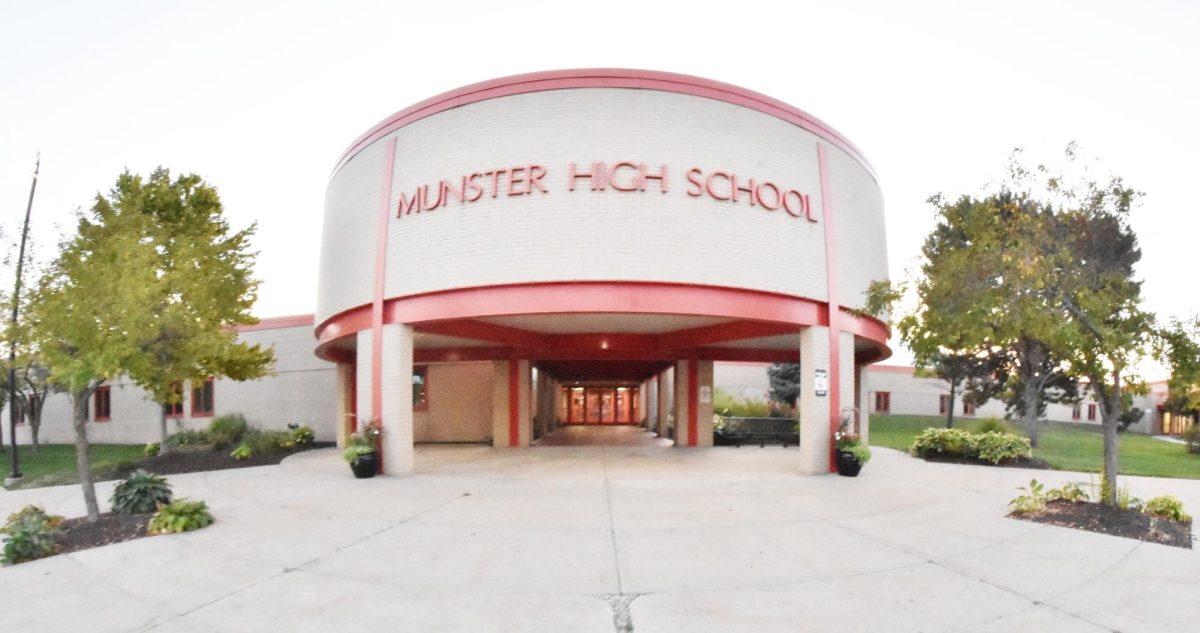


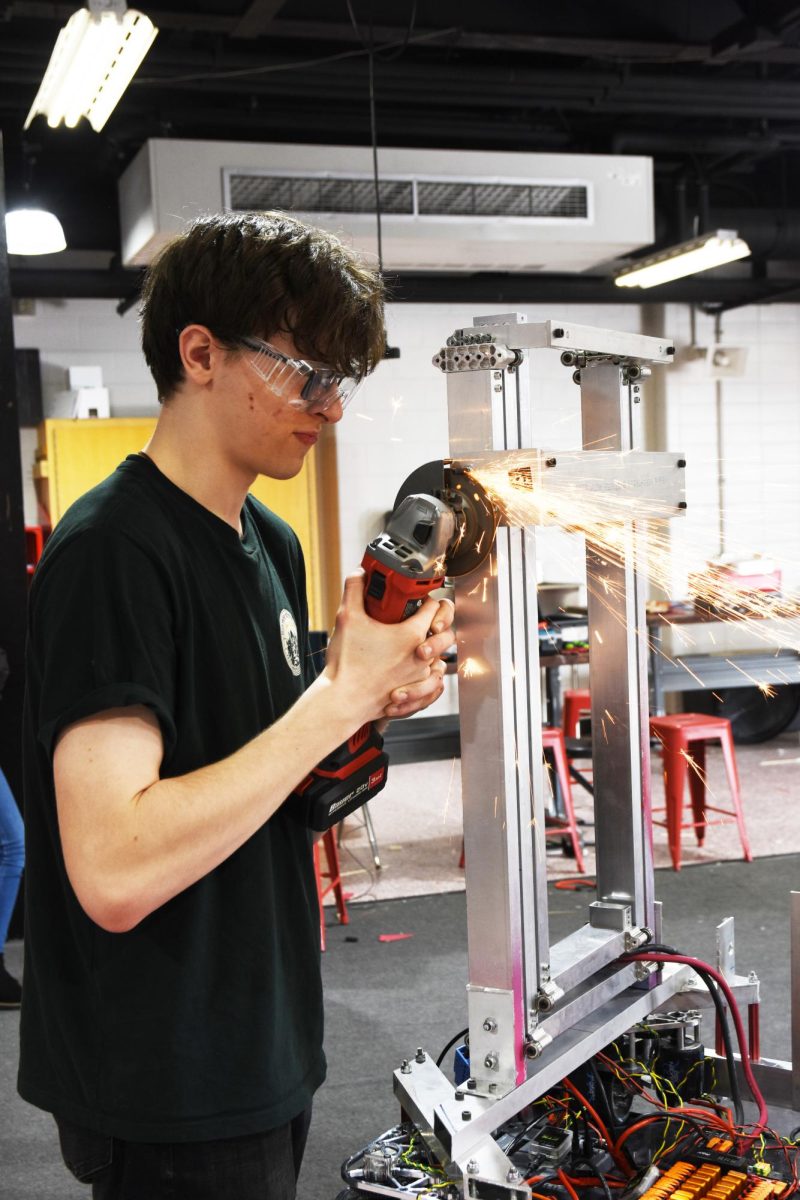




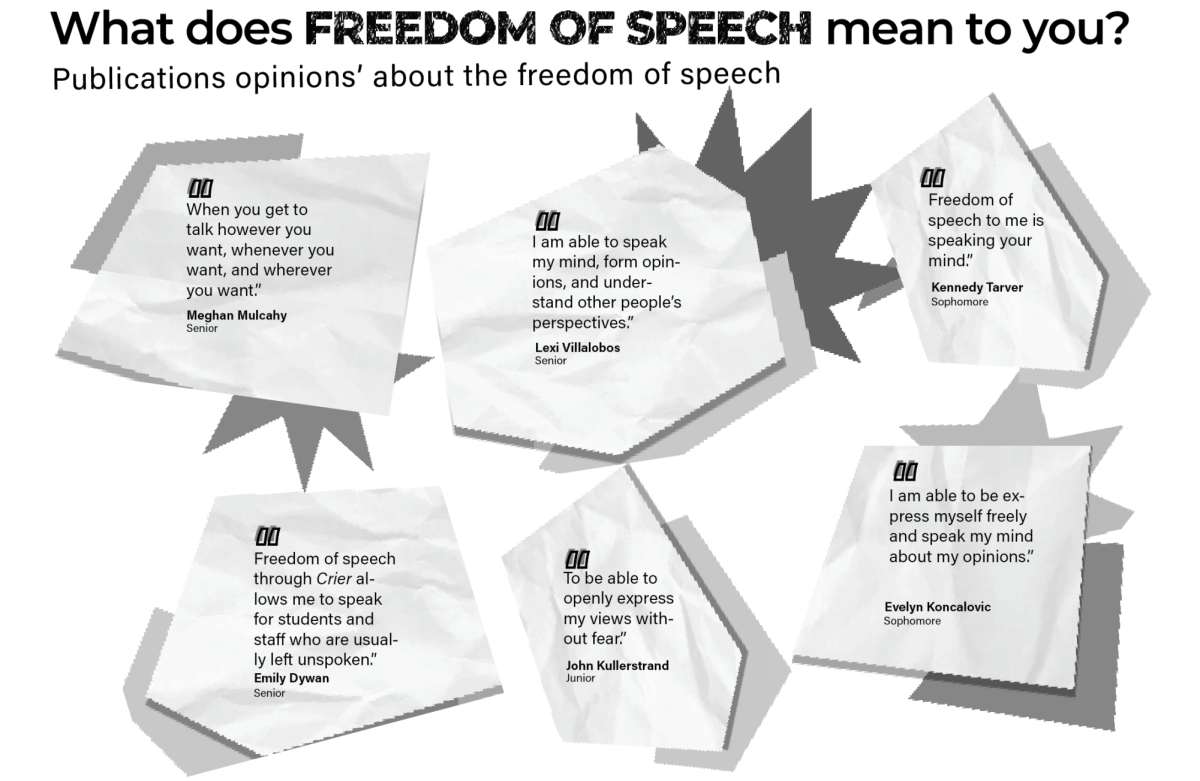
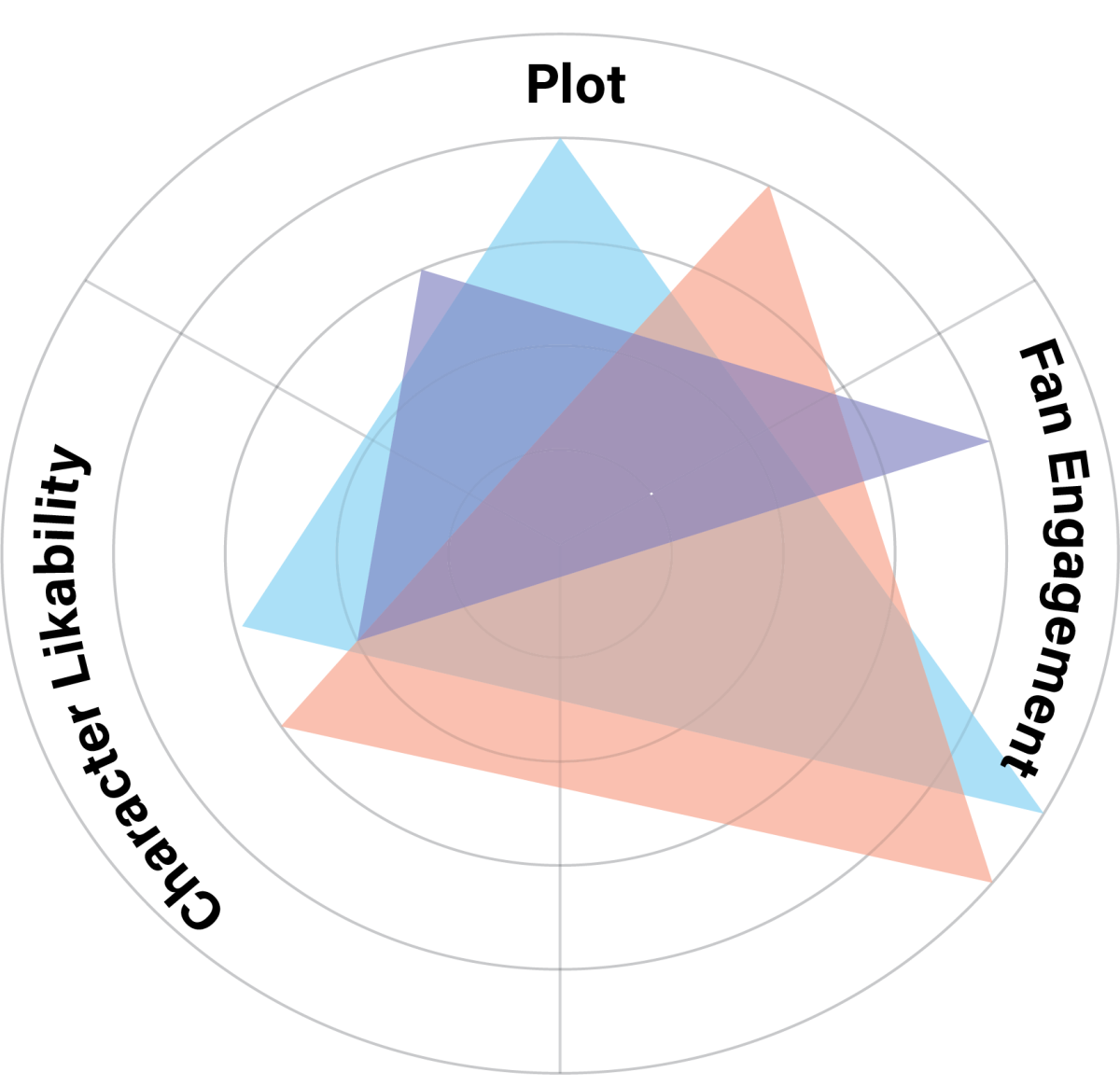





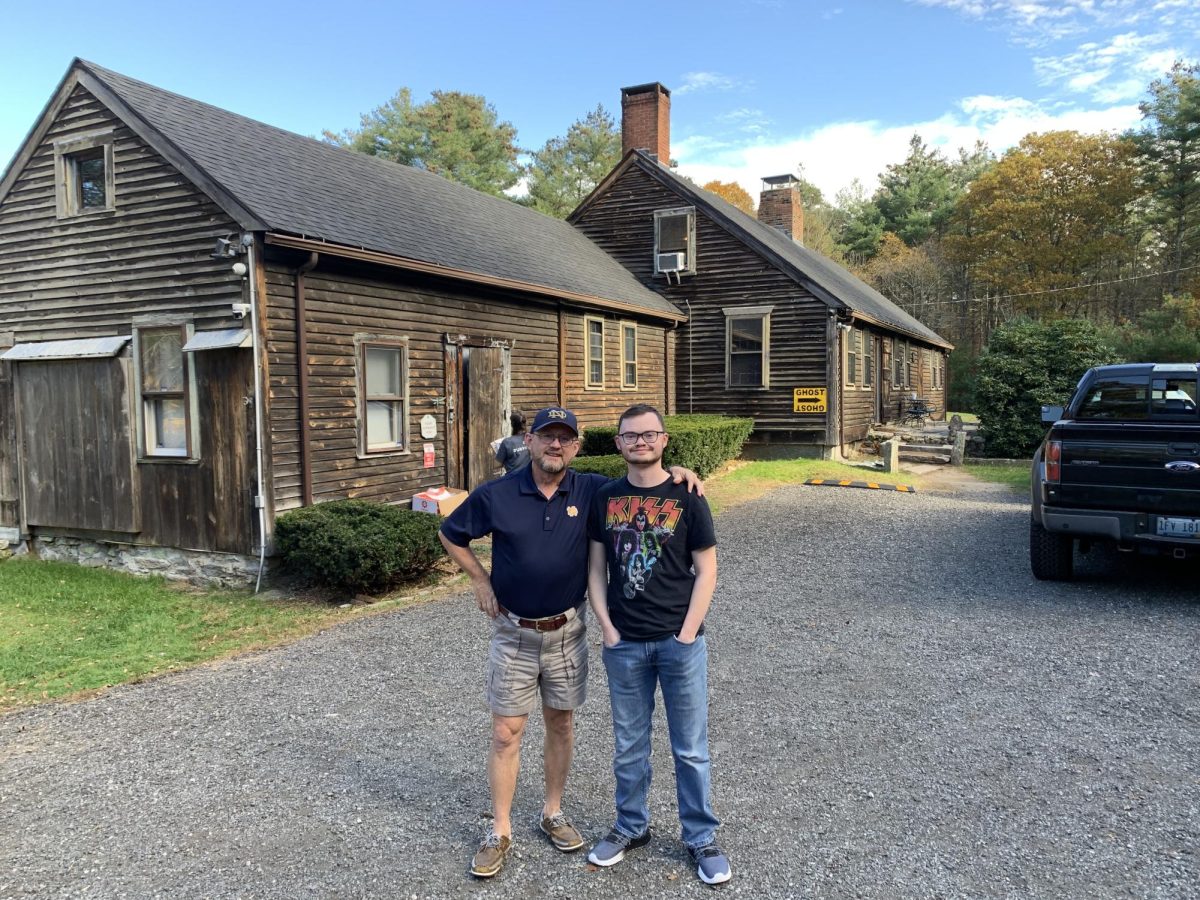
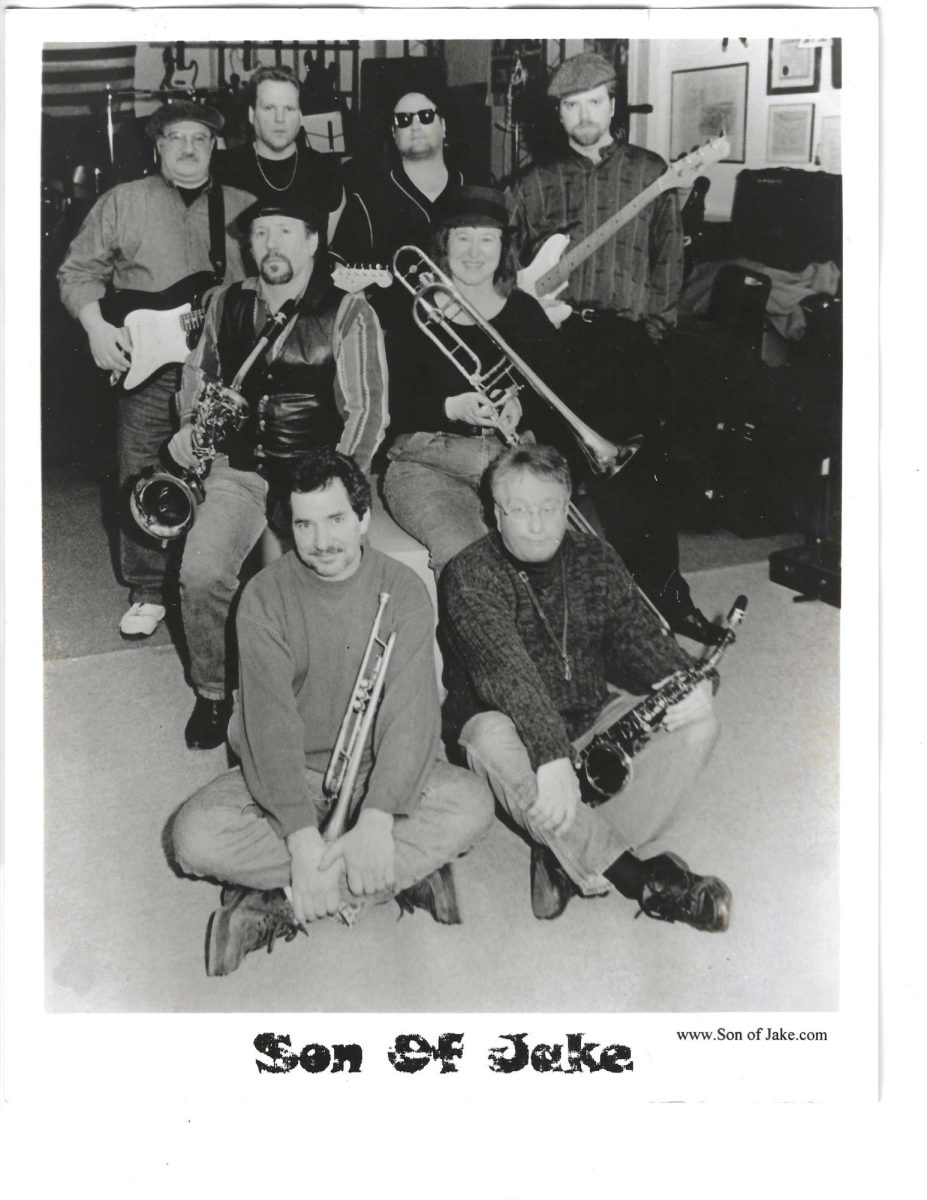

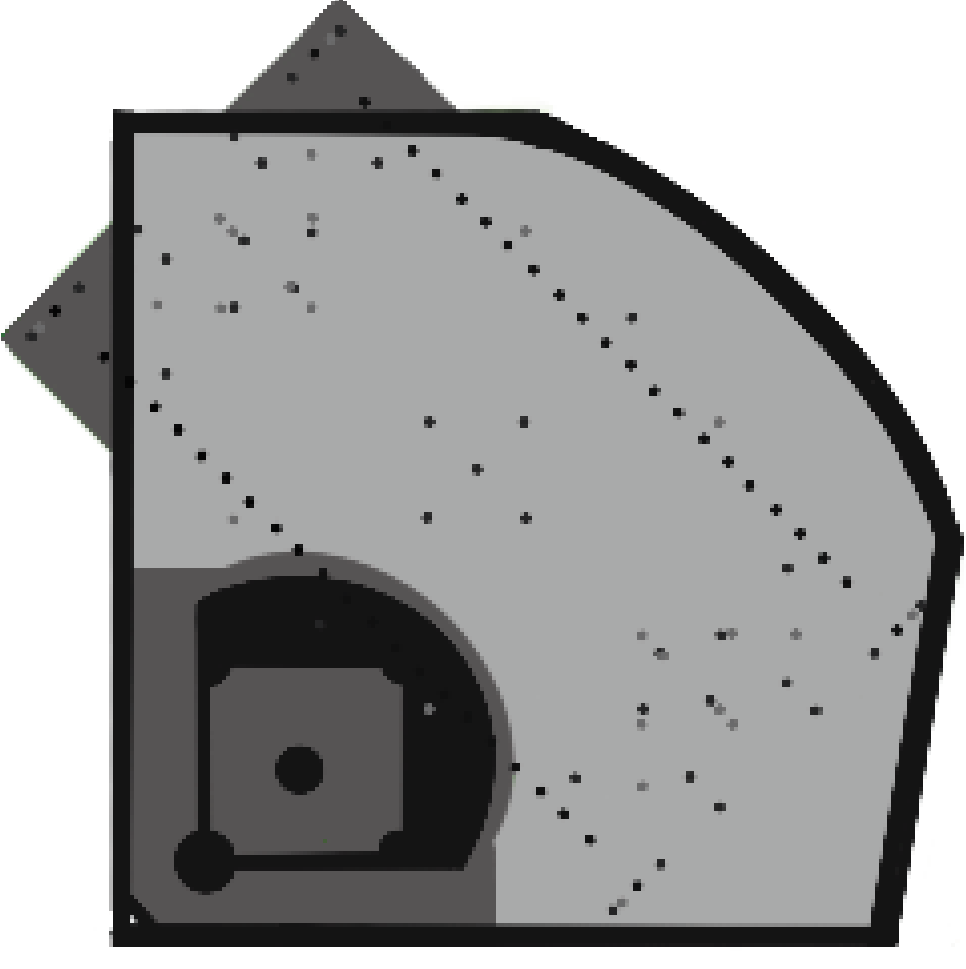
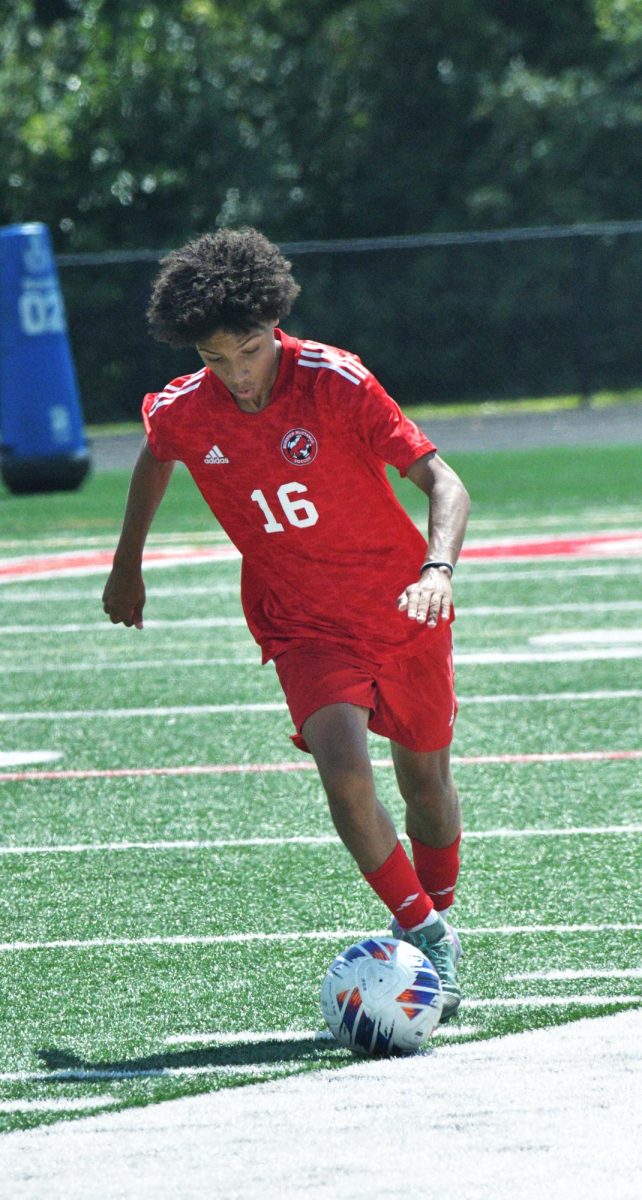

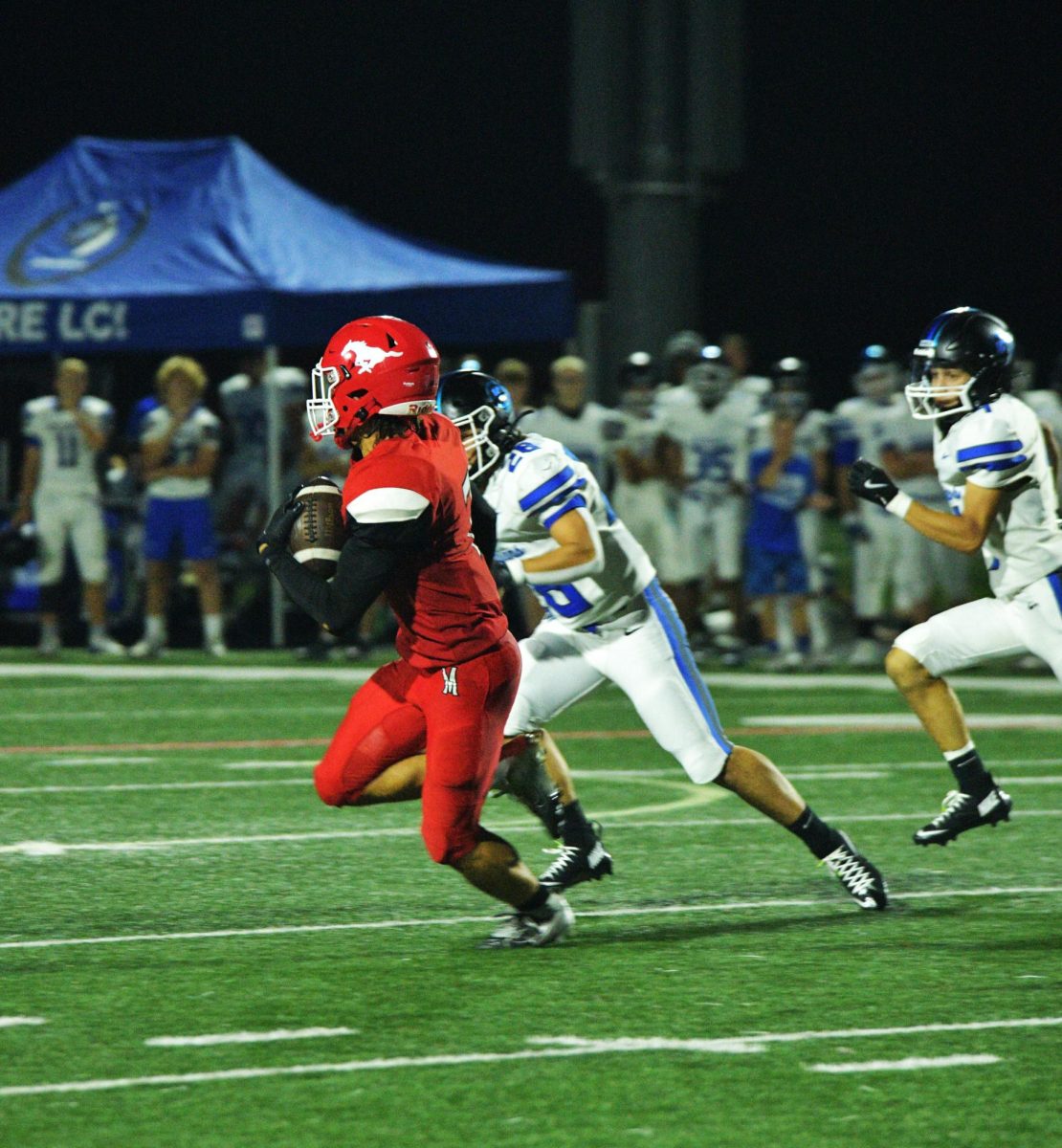


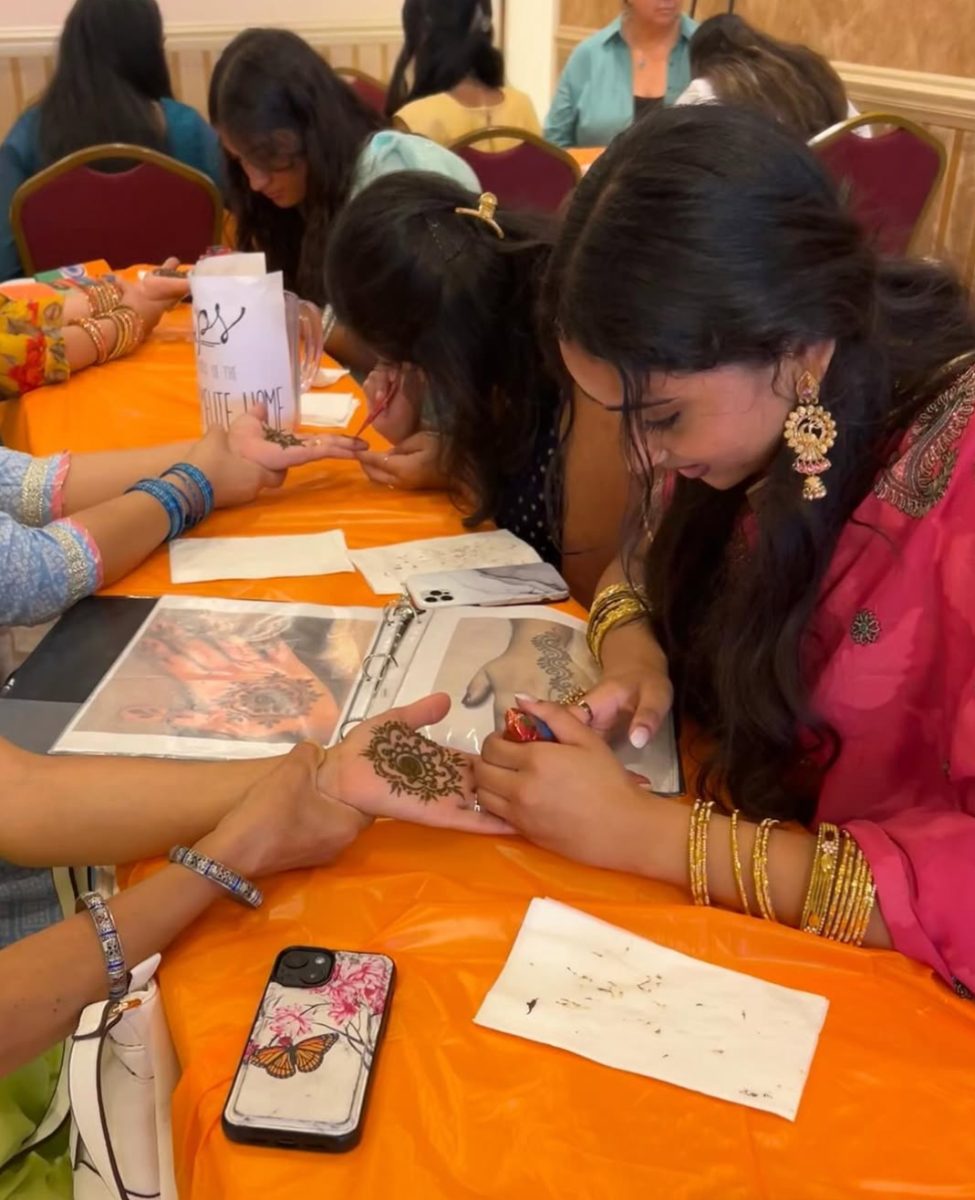

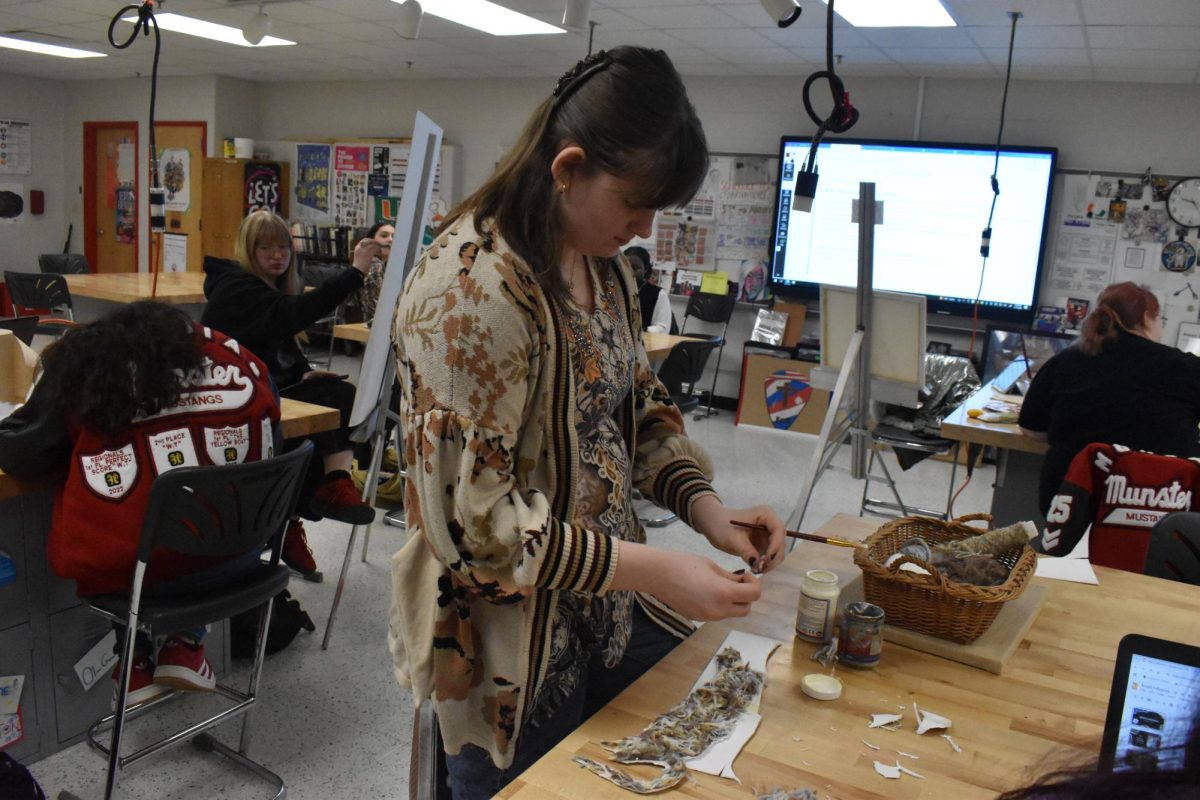
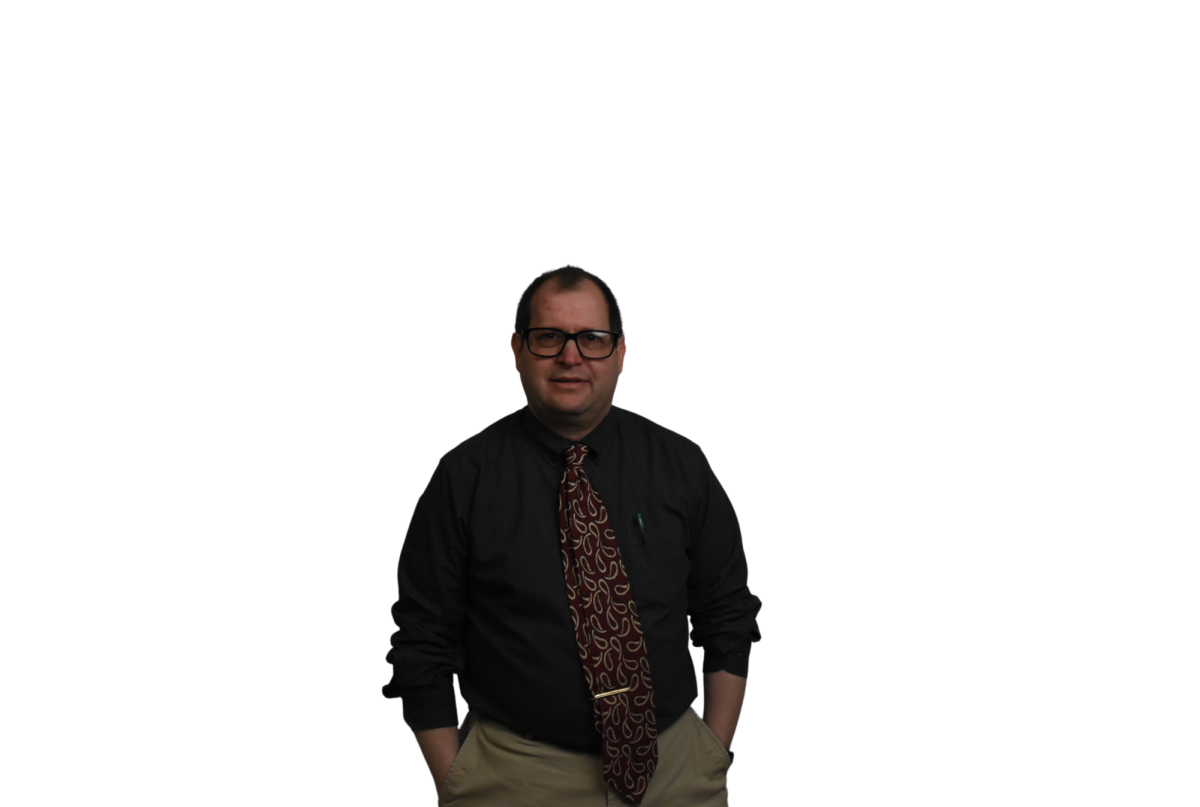

![SNAP HAPPY Recording on a GoPro for social media, senior Sam Mellon has recently started a weekly sports podcast. “[Senior] Brendan Feeney and I have been talking about doing a sports podcast forever. We love talking about sports and we just grabbed [senior] Will Hanas and went along with it,” Mellon said.](https://mhsnews.net/wp-content/uploads/2025/04/sam-892x1200.png)
